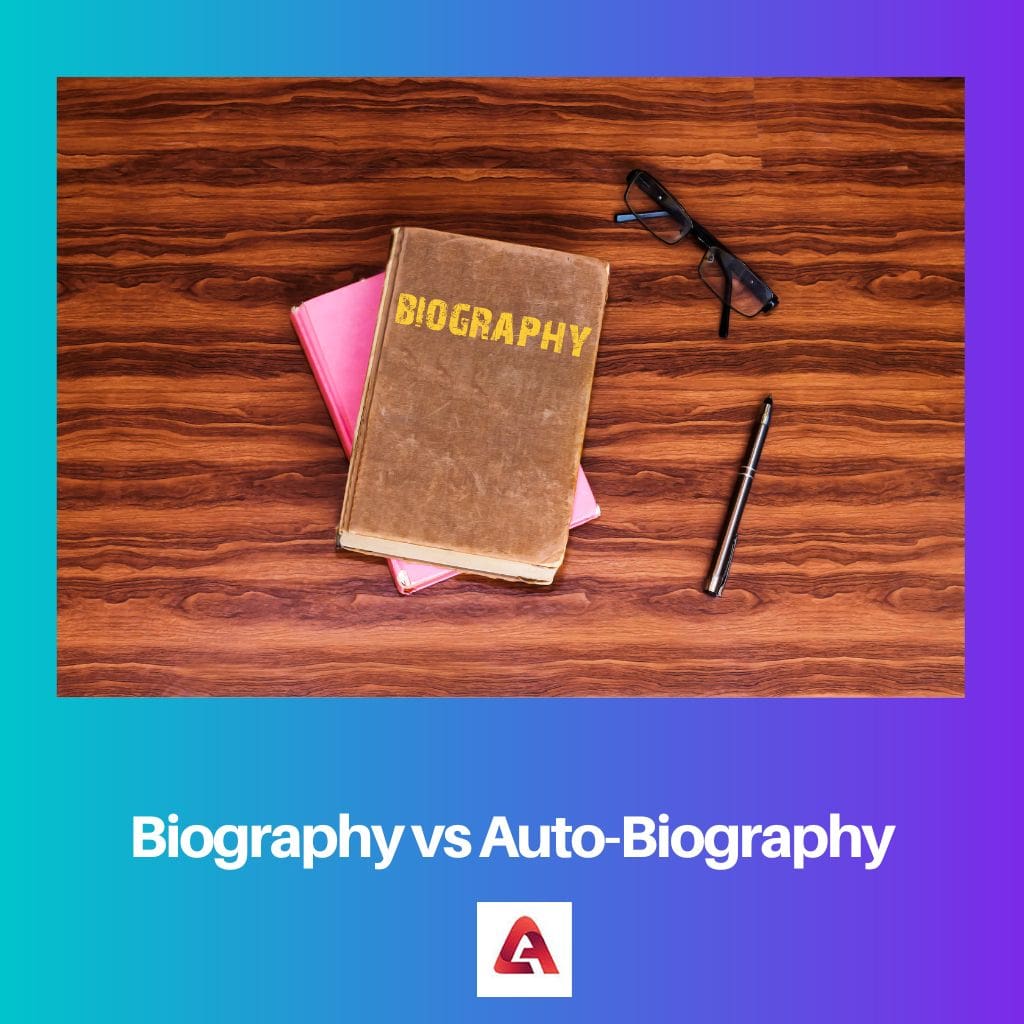Key Takeaways
- Languages: Chinese people speak various forms of Chinese languages, like Mandarin and Cantonese. Japanese people speak Japanese. Koreans speak Korean. Though the languages have some linguistic similarities, they are not mutually intelligible.
- Religions: The main religions in China are Chinese folk religions/Taoism and Buddhism. Japanese people are predominantly Shintoists and Buddhists. In Korea, the major religion is Christianity, followed by Buddhism.
- Cultures: Chinese culture emphasizes collectivism, family, education and hierarchy. Japanese culture values harmony, order, and politeness. Korean culture highlights respect for elders, family ties, and an enthusiasm for food, arts and entertainment. All three cultures have overlaps but also distinctive traditions.
What are Chinese People?
Chinese people are the ethnic group native to or associated with China, an East Asian country with a long and rich history. They form the largest ethnic group in the world, comprising over 1.4 billion people. Due to migration and diaspora, Chinese people can be found not only in mainland China but also in other regions and countries around the world.
Chinese is an umbrella term that encompasses a diverse range of ethnicities, languages, and cultures. The Han Chinese, the largest ethnic group in China, constitute about 92% of the country’s population. However, China is a multi-ethnic nation with 55 officially recognized ethnic minority groups, including the Zhuang, Hui, Uighur, Tibetan, Miao, Yi, and others, each with its distinct traditions, languages, and customs.
What are Japanese People?
Japanese people are the ethnic group native to or associated with Japan, an island nation in East Asia. They form the predominant ethnic group in Japan, comprising over 98% of the country’s population.
The Japanese have a unique and rich culture that has evolved for thousands of years. Their language, Japanese, is spoken by the vast majority of the population, and it has a complex writing system that includes kanji, hiragana, and katakana characters.
Japanese culture has made significant contributions to various fields, including arts, literature, martial arts, technology, and cuisine. Traditional Japanese arts such as tea ceremonies, calligraphy, origami, and Ikebana (flower arranging) are still practised and revered today.
What are Korean People?
Korean people are the ethnic group native to or associated with the Korean Peninsula, which includes both North Korea and South Korea. The Korean Peninsula is located in East Asia, bordered by China to the northwest and Russia to the northeast. The Korean people form a homogeneous ethnic group, with a shared language, culture, and history.
Korean culture has a long and fascinating history that spans thousands of years. The Korean language, known as Korean or Hangul, is the official language of both North and South Korea. It has its unique writing system, which was created in the 15th century by King Sejong the Great.
Differences Between Chinese, Japanese, and Korean People
- Chinese, Japanese, and Korean each have distinct languages. The Chinese language includes various dialects, with Mandarin being the most widely spoken. Japanese uses a unique writing system that combines kanji characters borrowed from Chinese with hiragana and katakana. Korean uses Hangul, an alphabet created specifically for the Korean language.
- Chinese culture has a long history dating back thousands of years, with significant contributions to philosophy, art, and literature. Japanese culture also has deep historical roots, influenced by Chinese and indigenous traditions, focusing on aesthetics and craftsmanship. Korean culture similarly has a rich history and a blend of Confucian, Buddhist, and indigenous influences.
- The traditional attire of each culture is distinct. In China, traditional clothing includes garments like the Hanfu or Qipao (Cheongsam). Japan has traditional attire such as the kimono and yukata. Korea’s traditional dress is known as the hanbok, which has different styles for men and women.
- While all three countries have diverse religious landscapes, they differ in dominant belief systems. China has a mix of religious practices, including Buddhism, Taoism, and various folk religions. Japan is known for a syncretic blend of Shintoism and Buddhism, while Korea has a mix of Buddhism, Confucianism, and indigenous shamanism.
- Chinese, Japanese, and Korean cuisines have unique flavors and cooking techniques. Chinese cuisine is known for its diverse regional dishes, featuring stir-frying, steaming, and rich flavors. Japanese cuisine emphasizes fresh, seasonal ingredients and features dishes like sushi, sashimi, and tempura. Korean cuisine includes kimchi, grilled meats, and a variety of side dishes known as banchan.
Comparison Between Chinese, Japanese, and Korean People
| Parameters of Comparison | Chinese | Japanese | Korean |
|---|---|---|---|
| Writing System | Chinese characters (Hanzi) | Kanji, Hiragana, Katakana | Hangul (Korean alphabet) |
| Social Etiquette | Handshakes, Bowing | Bowing, Handshakes | Bowing, Handshakes |
| Family Structure | Strong emphasis on filial piety and extended family | Respect for elders, the importance of family names and hierarchy | Strong emphasis on family bonds, Confucian values |
| National Festivals | Chinese New Year (Spring Festival), Mid-Autumn Festival | New Year (Shogatsu), Tanabata, Obon Festival | Korean New Year (Seollal), Chuseok (Harvest Festival) |
| Pop Culture Influence | Influential in martial arts, calligraphy, and traditional medicine | Anime, manga, video games, and technology | K-pop music, Korean dramas, and beauty trends |





